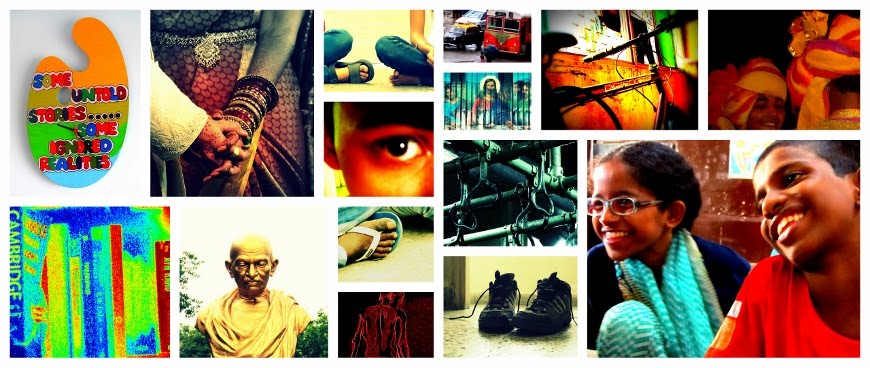Closer to home, Battle of Panipat. Battle of Buxar. War of Independence. Naxalites. Terrorism in Kashmir and North Eastern States. Three different wars with Pakistan, one with China. And so on.
In search of an article on “Peace”, I realized what all I have learnt as part of History since childhood is a war or a battle; here, there, somewhere. Despite it being a buzz word of every generation and billions of dollars spent in a process to acquire it, peace still remains a nonexistent entity.
As a subject, History has been pretty boring to me (I would attribute it, mostly, to the content that includes too many dates to memorize, the way I have been taught which required me to memorize all those dates and my bad memory that failed me to that in every class) since childhood, except class X when some interest towards the subject was sparked in me (And this I will attribute to a great extent to Mr. Jose Joseph, my history teacher for that class and enigma around the concept of Non-violence used by Mr. Gandhi). But now when I think why war takes precedence over peace in human history, I find an interesting trait - the need of being excited.
Peace is boring, monotonous and offers no excitement. What a historian (I think they are great storytellers, fiction or non-fiction, I would not be able to comment!) will tell about “Peace”? That from this period to that period, people lived happily. Period. But when he/she writes about wars, he has a plot. Differences. Hatred. Lust. Betrayal. Dishonesty. Greed. The world of ‘Power’.
Mostly, a hero is the person who fights a war and wins it, not a person who is able to manage a peaceful situation without ‘war’. It sounds funny to me when someone says that he/she is fighting for peace. All one fights for is ‘Power’. This is one thing that defines one’s superiority over a host of other people. It gives a sense (or nonsense) of self-fulfillment. And in some or the other capacity, everyone wants it. Everyone fights for it; some with brains, some with sword, and still some with hearts.
The joke here is, we all realize the power of a battle won. But not many envisage the power that peace withholds. It holds the power of growth. The power of innovation. The power of happiness. The power of free, humane existence.
But I don’t know how we can attain peace. I think I am not educated enough to find an answer to this. But we can make a start, I guess. In my quest to find answers to my crazy questions, I Googled “World’s most peaceful country.” I was informed that there’s something called Global Peace Index (GPI) that, on diverse parameters, evaluates various countries for their Peace Values. I was wondering, why I never get to read about Norway or New Zealand (who have the lowest GPI and are considered most peaceful countries in the world) but have to read about U.S. and such countries which only know how to “fight for peace” and are never able to achieve it? There’s some serious error.
I feel sad about all those history classes where I studied all those battles. I have wasted a great deal of time in this life. I wish I could change those books for generations to come. I think that would be a kind of revolution in education. In a true sense, 'A battle for Peace’.
